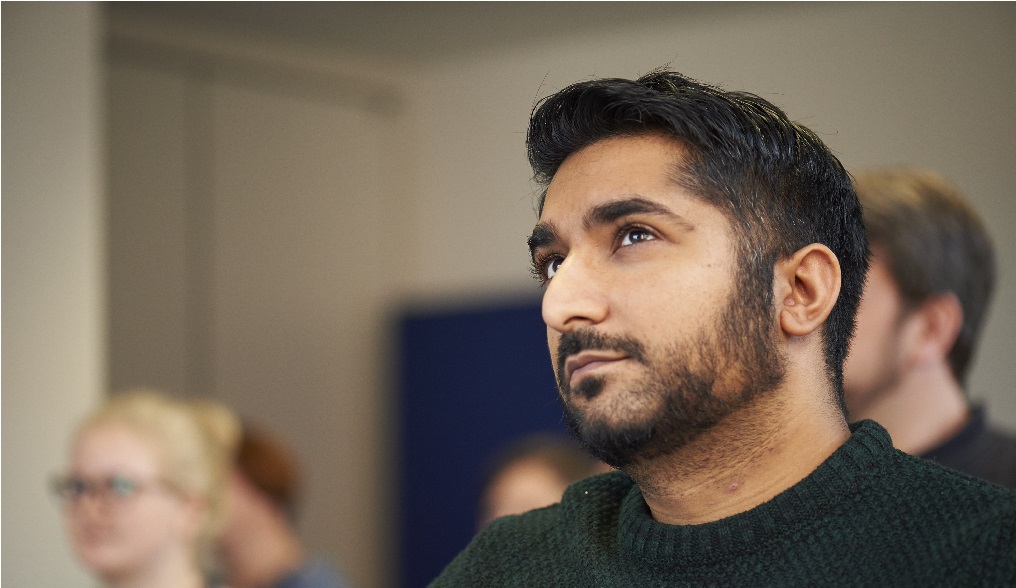Changing the world begins with you
You want to make a difference. That’s why you do the work you do, right?
And yet.
It’s one thing to want to change the system, to change things for other people, to try to change other people. What if, to achieve the things you want for others, you need to change something of yourself too?
That’s the dilemma we all face when we’re trying to make things happen and the world doesn’t just shift to something new. We know what we’ve tried hasn’t worked, but it’s not clear what the alternative is. Everyone – your team, your donors, your beneficiaries – know something needs to happen, but with so much uncertainty it’s a normal human reaction to wait … for something.
Psychologists call this experience ‘transition’
We know the old ways don’t all work, but we’re not sure which bits we need to let go of yet. We know something new is needed, but we’re not clear what it should be and how it fits. In between the not-quite-as-it-was-anymore, and not-quite-sure-what-it-will-become lies uncertainty, and our nervous systems don’t like uncertainty.
The old response to uncertainty used to be another 5 year plan. We may not know what will happen, but at least we have a plan. These days no-one plans 5 years ahead. (you don’t, do you?).
The world is moving too fast for that – plans lull you into a comfortable but false sense of control. The way to deal with uncertainty is to do what good start-ups and entrepreneurs do. Experiment. A lot. Quickly. And do it with a view to learning, adapting and adjusting. That’s fine to say right?
What about changing something of yourself?
That often starts with how we handle risk. Humans are programmed to avoid risk. But we see different things as risky. Some people see leaping too far into the unknown as risky. Some people see staying stuck in one place as risky. And both groups are right. Stand still, and you’ll get overtaken by events. Leap too far in the wrong direction and you’ve wasted time and money.
Our tendency is to argue our opinions, but the solution is to move very quickly in small steps – taking managed risks in new directions fast. And that means recognising that aligned action outweighs endless arguments. It means letting go of the notion that either side is right, in favour of both sides taking shared action to find out what else could work. It means each of us accepting that we might not have the whole story, and opening to a larger sense of the world, other people and ourselves.
That would be worth finding out more about, right?
